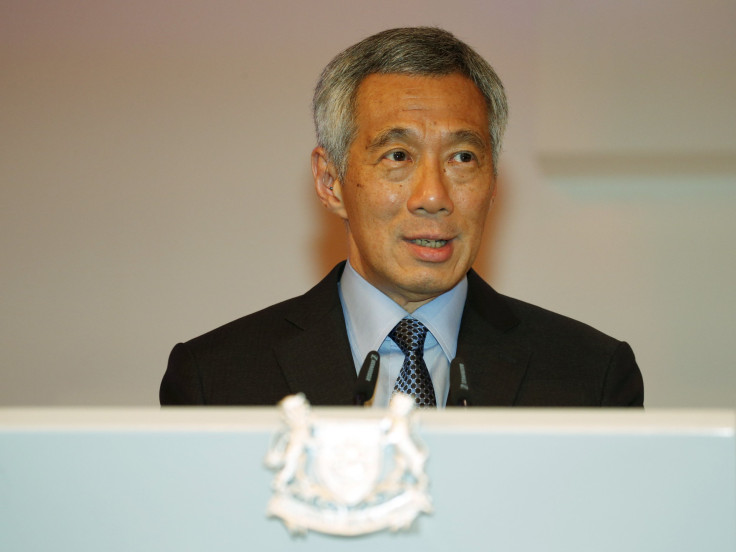Singapore Sets General Elections For September, Dissolves Parliament

Singapore’s parliament was dissolved Tuesday by President Tony Tan Keng Yam, who also announced the upcoming general election that could pose a serious challenge to the country's venerable Lee dynasty.
The president was acting on the advice of Prime Minister Lee Hsien Loong, and Singapore’s constitution dictates that a general election must be held within the next three months. The election will be held on Sept. 11, according to Reuters.
The vote will be the first since the death of the prime minister's father and Singapore’s former leader Lee Kuan Yew in March. The city celebrated its fiftieth year of independence earlier this month.
"This election will be critical. You will be deciding who's governing Singapore for the next five years, but much more than that... you will be setting the direction for Singapore for the next fifty years, you will be determining the future for Singapore," the prime minister said in a televised address Sunday, Agence France-Presse reported.
The elder Lee's People's Action Party (PAP) has ruled the country since it gained independence from Malaysia in 1965, and has been seen as being responsible for its transformation into a regional success story.
This election will also see the most significant challenge mounted against the PAP, with nine active opposition parties contesting all 89 parliamentary seats -- the first time this has happened since 1963, according to Channel News Asia.
The PAP has been introducing candidates in recent weeks, breaking from previous elections, where voters only found out who was running in their constituency on Nomination Day, set for Sept. 1.
PAP Organizing Secretary Ng Eng Hen had explained the change earlier this month: “We believe that this is better politics. It’s better to tell the residents up front who is standing in their constituency so they can examine on record, what candidates have done, can do and they can make intelligent choices after examining whoever the political parties who are standing, who can better serve them.”
Among the opposition parties, the Workers’ Party (WP) is reportedly expected to field the largest roster, contesting 28 seats, up from 23 in the last general election in 2011. The other parties are expected to contest up to 11 seats each.
A survey by local research firm Blackbox found that the current PAP government enjoyed a “satisfaction index” of 76 percent in July, after peaking at 80 percent in April after Lee Kuan Yew’s death.
However, specific indicators showed cause for greater concern. Satisfaction with cost of living in July stood at just 42 percent, housing affordability at 53 percent, public transport at 57 percent and population management at 61 percent.
© Copyright IBTimes 2025. All rights reserved.





















